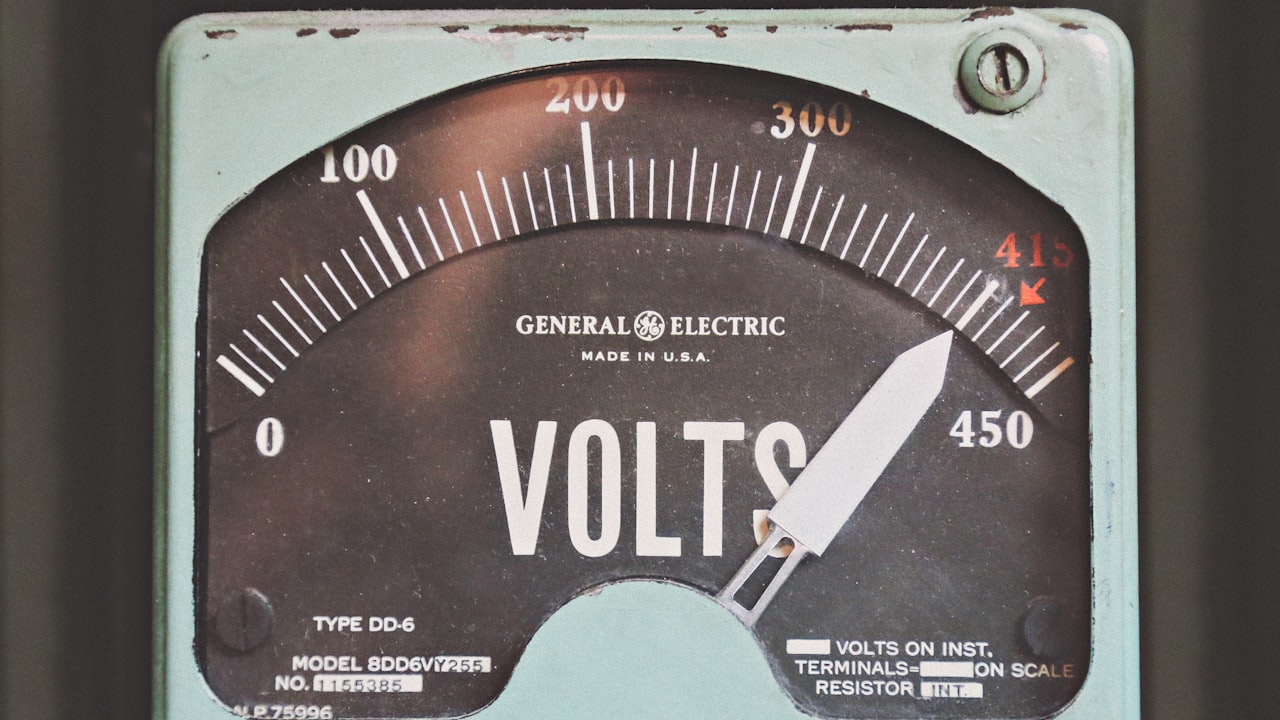 Title: The Advancements in Pharmaceutical Machinery: Revolutionizing Drug Production
Title: The Advancements in Pharmaceutical Machinery: Revolutionizing Drug Production
In the fast-paced world of pharmaceuticals, the development and utilization of cutting-edge machinery have played a crucial role in revolutionizing drug production processes. Among these innovative technologies, table press machines and capsule filling machines stand out as key components in the efficient and precise manufacturing of pharmaceutical products.
Table press machines, such as the Tablet press machine (TDP) and Tablet press machine for high dosage production (THDP), are essential tools in the pharmaceutical industry. TDP machines are widely used for the compression of powders into tablets of various shapes and sizes. These machines operate by exerting extreme pressure on the powder material, forming it into solid tablets that meet specific quality standards. On the other hand, THDP machines are designed for high-volume production, enabling pharmaceutical companies to meet the demand for large quantities of tablets in a streamlined manner. With advanced features such as automatic feeding systems and real-time monitoring capabilities, TDP and THDP machines have significantly increased production efficiency and consistency.
Similarly, capsule filling machines represent another groundbreaking technology in pharmaceutical manufacturing. These machines automate the process of filling empty capsule shells with precise quantities of powdered or liquid medication. By utilizing advanced mechanisms for dosing and filling, capsule filling machines ensure accuracy in dosage delivery, reduce human error, and increase production output. Moreover, modern capsule filling machines are equipped with features like adjustable filling speeds, interchangeable tooling, and automated cleaning functions, enhancing flexibility and operational convenience for pharmaceutical manufacturers.
The integration of table press machines and capsule filling machines into pharmaceutical production lines has transformed the industry landscape, enabling companies to produce medications in a more cost-effective, reliable, and timely manner. The synergy between these advanced technologies and traditional pharmaceutical practices has resulted in improved product quality, reduced production time, and enhanced regulatory compliance.
In conclusion, the advancements in pharmaceutical machinery, particularly in the realm of table press machines and capsule filling machines, have reshaped the way drugs are manufactured and distributed. By embracing these innovative technologies, pharmaceutical companies can enhance their operational efficiency, product quality, and overall competitiveness in a dynamic and demanding market environment. The future of drug production lies in the continuous evolution and adoption of state-of-the-art machinery, driving innovation and excellence in the pharmaceutical industry.





